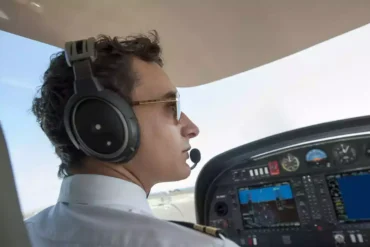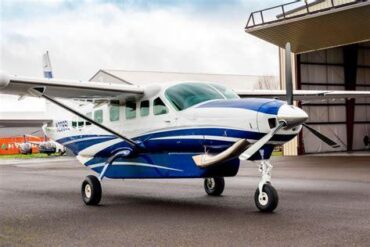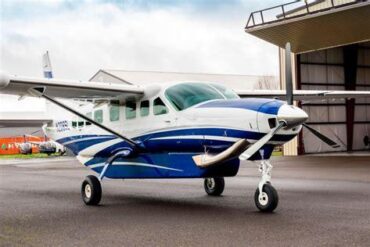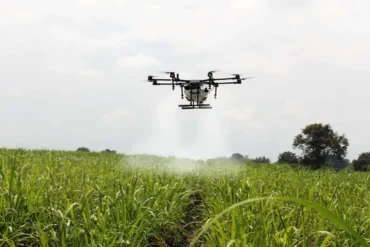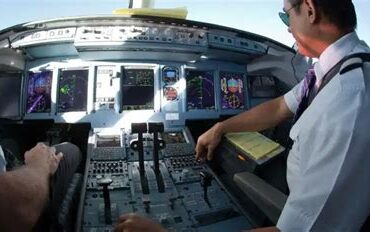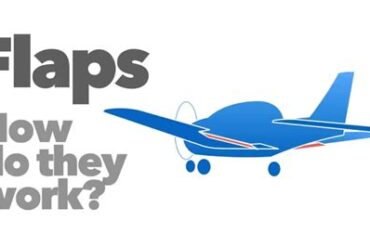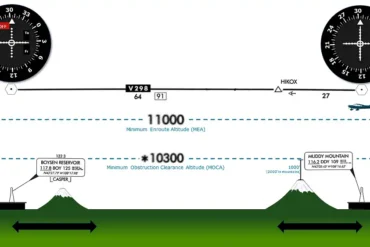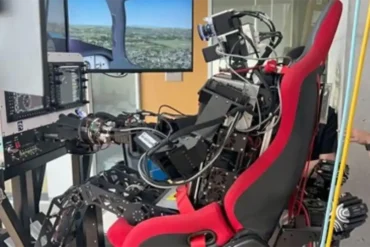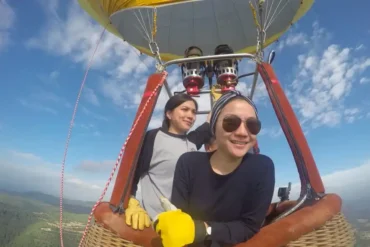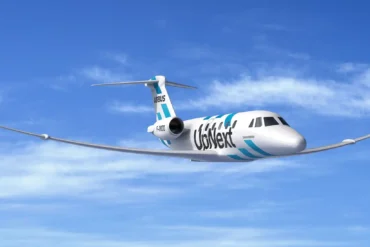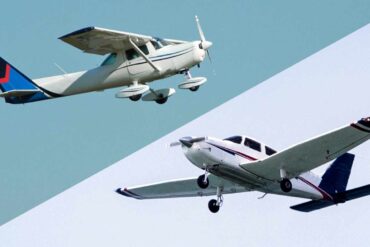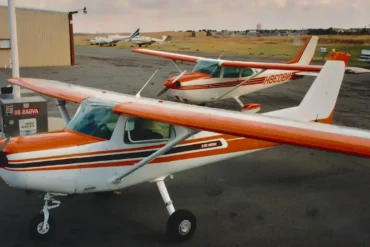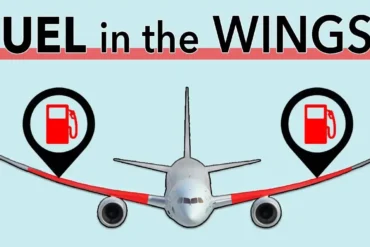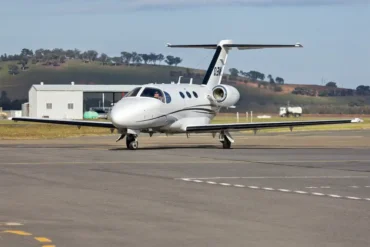The Pilot Operations Deck is gearing up to revolutionize ground control for remote aircraft, making testing processes smoother before official deployment.
Overview
- Natilus is diving headfirst into addressing pilot shortages and seamlessly integrating remotely operated cargo aircraft into existing operations.
- The unveiling of Natilus’s Pilot Operations Desk (POD), in partnership with Ameriflight, signals a major leap forward, empowering ground-based pilots to manage and monitor aircraft remotely.
- The POD streamlines early testing phases, ramping up operational efficiency.
Delving into the realm of remotely piloted and potentially autonomous aircraft marks a significant shift in aviation dynamics. While full adoption within passenger commercial aviation remains on the horizon, strides are being made, especially in cargo and military sectors. Natilus, a US-based UAV developer, is leading the charge in developing remotely operated cargo aircraft and has introduced a fresh design for a remote pilot control station to complement these efforts.
Natilus’s Remote Aircraft Initiative
Advancements in autonomous and remotely operated aircraft are rapidly advancing across various domains. Notably, drones and UAVs are already in operational use within numerous military frameworks globally. In the commercial aviation sphere, initiatives to upgrade existing aircraft, such as those by Xwing and the Cessna Grand Caravan, alongside the development of novel aircraft, are underway. Natilus is at the forefront of these endeavors, with plans to roll out a series of remotely operated cargo aircraft. The company underscores the significance of both current and future aviation demands in propelling its innovation forward.
In a recent conversation with a prominent figure in the flight automation sector, valuable insights were gained into Natilus’s initiatives.
Natilus’s vision revolves around the development of a trio of remotely-controlled blended-wing body (BWB) cargo aircraft. This lineup includes the compact Kona, boasting a payload capacity of 3.8 tons, the mid-sized Alisio, capable of carrying up to 60 tons, and the expansive Nordes, designed for payloads of up to 100 tons. The successful maiden flight of the Kona aircraft prototype in 2023 marked a pivotal milestone in the project’s progress.
Collaborative efforts with various industry stakeholders, including Collins Aerospace for a specialized cargo loading system and ZeroAvia for hydrogen-electric engines, highlight Natilus’s comprehensive approach to achieving its ambitious goals.
Remote Pilot Control Station
Expanding its operational capabilities, Natilus has recently introduced a ground control station. This station will be seamlessly integrated with the Natilus fleet, empowering ground-based pilots to efficiently oversee and manage aircraft operations. Dubbed the Natilus Pilot Operations Desk (POD), this innovation represents a significant step forward.
Developed through collaboration with Ameriflight, the concept and prototype design for the POD were unveiled in December 2023. While aircraft deployment is still pending, this initiative underscores Natilus’s dedication to seamless integration into existing customer operations. Moreover, it serves as a platform for extensive testing and operational feedback.
Sharing his thoughts on the partnership and commitment to Natilus, Ameriflight CEO Alan Rusinowitz commented:
“Ameriflight is thrilled to partner with Natilus on this cutting-edge aircraft and accompanying technology. We are impressed by Natilus’s steadfast commitment to addressing the needs of the air cargo industry, as evidenced by their proactive and collaborative approach to gathering feedback on necessary capabilities.”
Interior of the POD
The POD boasts a sleek and minimalist design. Equipped with a twin-screen curved monitor, keyboard, and mouse for control purposes, it also features standard ATC voice communications and data communications, aligning with the FAA NextGen initiative.
Expanding on the concept and objectives of the POD, Natilus further explains:
“With the Natilus POD, our goal is to redefine the operational landscape for air cargo operators, offering unprecedented functionality. Serving as a conduit, the POD facilitates remote pilots’ seamless interaction with the skies, akin to being in the cockpit.”

